Back in July, we wrote about the Decline of Indiegogo over the last few years. Indiegogo claims to be the most popular crowdfunding platform, but the success of Kickstarter funded games brings that into question. 17 games raised more money than Indiegogo’s most successful gaming campaign, Indivisible.
Despite developing Indiegogo’s most successful video game, the developers at Lab Zero barely succeeded, with the campaign being extended 20 days to make the funding goal. Even by raising over $1.9 million, they left a lot more than that on the table by not using Kickstarter. Something, with the benefit of hindsight, Lab Zero CEO Peter Bartholow agrees with.
We reached out to Lab Zero shortly after publishing that article, with the intention of asking why they chose Indiegogo over Kickstarter. Bartholow answered our questions, but we found a lot more than what we bargained for.
Changes for the worse
So why did they go with Indiegogo? “We chose Indiegogo because we’d had success with them in the past, and for a long time was their most-funded gaming project. They also had much better payment terms and speed than Kickstarter, but those have changed for the worse since.” This is a reference to Lab Zero’s previous Indiegogo funded game, Skullgirls. Their over $800,000 campaign is the second highest funded game to this day, behind Indivisible.
Bartholow expressed his feelings of “what if” they had used Kickstarter. He tells us that “regret is too strong a word,” because he feels like denotes a sense of entitlement on their part. But he does admit that they’d “likely have raised more money on Kickstarter, or at least not needed the [20 day] extension.” The reason for this he believes is because Kickstarter has the trust of its users. “The Indiegogo platform itself doesn’t seem to have gamers’ trust, and ultimately I think that’s far more valuable than any of the benefits Indiegogo provides.”
Lab Zero acknowledges they were saved by Indiegogo allowing them to extend their campaign, something Bartholow points out Kickstarter doesn’t allow. However, you could make a strong case they wouldn’t need to extend the deadline to begin with on Kickstarter.
Broken promises
That’s when Bartholow dropped a bombshell. “[Indiegogo] were anxious to have us back, and promised us a lot of promotional and PR support. Sadly, we never really saw any indication that promotional support happened. They were great with day-to-day support, but we never saw any evidence that they were working to drive people to the campaign, reaching out to the media, etc.”
Bartholow claims that this support was “vaguely defined,” but that Indiegogo’s PR team would “work to get us mentions in a variety of publications about our return to crowdfunding.” He says they asked Indiegogo “repeatedly” throughout the campaign for any indication that they were helping with marketing, “anything to help drive people to the campaign,” but that they never received any clips or evidence of their work, something Bartholow tells us is “standard PR procedure.”
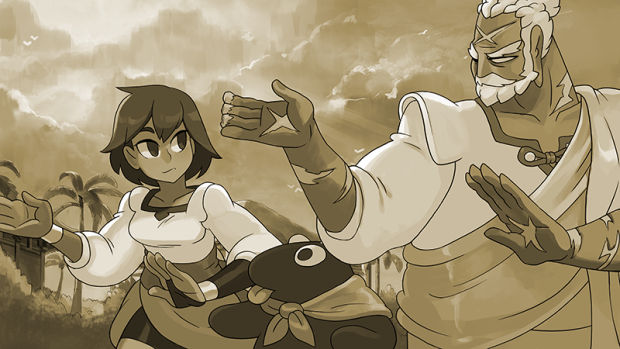 We contacted Indiegogo armed with Lab Zero’s claims and asked them for comment. After only a matter of hours, a man named John Eddy from Goldin Solutions contacted me on behalf of Indiegogo. He claimed that his firm works with Indiegogo on PR, and that he was “looking into this for you.” We never heard back from Eddy or Indiegogo again, despite repeated attempts at communication.
We contacted Indiegogo armed with Lab Zero’s claims and asked them for comment. After only a matter of hours, a man named John Eddy from Goldin Solutions contacted me on behalf of Indiegogo. He claimed that his firm works with Indiegogo on PR, and that he was “looking into this for you.” We never heard back from Eddy or Indiegogo again, despite repeated attempts at communication.
PR Shenanigans
We couldn’t find much information on John Eddy, but we did discover information about his company, Goldin Solutions. Run by former MSNBC editor Davidson Goldin, the company has been representing Indiegogo for years. Pando ran an article on the alleged scam campaign for the Ritot smartwatch on Indiegogo. Goldin himself contacted the author, but didn’t have much to say, issuing only one statement before declining to speak further. In fact, Goldin insisted that any quote provided by him not be attributed to him or his company.
“Attribution should be from a company spokesperson or Indiegogo said in a statement (without a person’s name per usual company policy on press statements),” he said at the time.
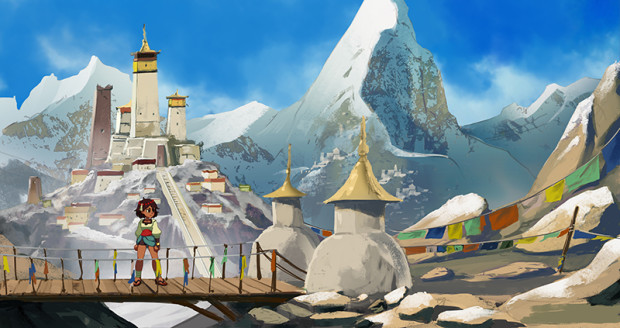 Bartholow emailed me not long after. “I got an e-mail from someone at [Indiegogo] saying they were “shocked” that I thought that they didn’t help us out,” he said. I asked him if it was John Eddy who sent the email, but he stated he never heard of Eddy, saying it was instead sent by Indiegogo’s Head of Gaming, John Vaskis. Bartholow to see the email I sent to Indiegogo, which I showed him. He also asked that I wait to write this article so he could attempt to talk with Indiegogo about what was going on, which I agreed to do. So far as I know Bartholow has yet to talk with Indiegogo, and we at Cliqist have decided to not wait another month.
Bartholow emailed me not long after. “I got an e-mail from someone at [Indiegogo] saying they were “shocked” that I thought that they didn’t help us out,” he said. I asked him if it was John Eddy who sent the email, but he stated he never heard of Eddy, saying it was instead sent by Indiegogo’s Head of Gaming, John Vaskis. Bartholow to see the email I sent to Indiegogo, which I showed him. He also asked that I wait to write this article so he could attempt to talk with Indiegogo about what was going on, which I agreed to do. So far as I know Bartholow has yet to talk with Indiegogo, and we at Cliqist have decided to not wait another month.
Shaky Details
Bartholow was also sent a list from Vaskis detailing what Indiegogo claims they did to help promote Indivisible. (quoted below)
- Newsletter promotion (I think you were in 4 or 6 times)
- Social media promotion (Campaign was on Facebook and Twitter numerous times)
- We pitched your campaign to different news outlets before and during the campaign
- We allowed you guys to extend your fixed funding campaign, something that we had never done up to that time. Which helped to reinvigorate your fanbase and turned what could have been a failure into one of the biggest gaming crowdfunding successes on any platform
- Your team worked with myself and Alana on strategy
We can’t really verify how much of that is true. Indivisible was pushed on Indiegogo’s social media feeds, but so were a lot of campaigns. One thing we know for certain is not true is the fourth bullet point. “We allowed you guys to extend your fixed funding campaign, something that we had never done up to that time.” Indiegogo allows any campaign to extend their deadline once, up to 60 days. It wasn’t new to Indivisible and Lab Zero either. Indiegogo allowed James Franco to extend his campaign for a series of films based on Palo Alto by two weeks, more than two years before Indivisible’s campaign.
That’s something Bartholow himself points out. “While all of this stuff was appreciated, all of this stuff is pretty much free, and we were expecting more PR / media outreach.” In fact, it’s so obvious that this stuff is usual, he was worried again that he sounded entitled. “I hope that doesn’t make me sound entitled, haha.” He also acknowledges it’s not Indiegogo’s fault if no outlets wanted to go with the story. Still, Bartholow questions why Indiegogo didn’t tell them any of this during the campaign.
Press problems
Despite all this, Bartholow seemed to want to point more to the gaming press. He expressed his surprise that gaming outlets didn’t cover the demo until the PS4 version came out. I played the demo after the campaign, and found it to be the best crowdfunded demo I’ve ever played. It felt like a finished game, with polished gameplay mechanics and a drop-dead gorgeous art style. With all that coming from a proven company, why didn’t more gaming sites pick the story of Indivisible up?
Bartholow actually spoke to “friends in the gaming press,” and he narrowed the issue down to three bullet points.
- They were afraid people were burnt out on [crowdfunding] campaigns after last year’s [2015] record summer.
- After some high-profile failures, there is a concern amongst the gaming media that coverage might be seen as implicit endorsement and thus upset them when/if things didn’t go well.
- He said he thinks in the future, the only [crowdfunding] coverage you can probably expect from the major sites are things from long-established creators or major nostalgia appeals.
He’s got a point. You don’t see many gaming sites cover crowdfunded gaming on a consistent basis. It really is limited to big names like Tim Schafer, major nostalgia trips, or busts. Take for instance Dawn of the Devs, a platformer featuring parody versions of Cliff Bleszinski, Hideo Kojima, and Tim Schafer himself that received getting coverage at places like Kotaku, Tech Times, and Den of Geek. How much of that we can attribute to failures like Mighty No. 9 and constant delays like with Bloodstained, it’s hard to say.
There’s at least one person who agrees with Bartholow. We’ve written about PR Hound before, with games like Woven and InSomnia. I reached out to founder and CEO Dan Muir for his thoughts on how gaming outlets cover crowdfunded games. He backs up a lot of what Bartholow tells us.
Muir walked me through some of the troubles of promoting crowdfunded games. “Over the last three years, we’ve experienced a massive sway in gaining editorial for campaigns. Originally it was a simple case of just sending out a press release, following up and chasing. Now it’s definitely harder – but the same can also be said for actually games funding on the platform. It’s a bit of a catch 22 – either you have a famous name or IP, or you have to fight tooth and claw for any form of editorial.”
He further touched on one of the points made by Bartholow. “Big names and IPs attract money. You experience a whole wave of new backers signing up just to pledge on games like System Shock or such, that wouldn’t normally look twice at the platform.” Muir says it’s a shame, because there’s a “wealth of high quality and exceptional products out there.” He believes that if gaming publications gave these campaigns a shot, they’d have a lot better chance at success. The articles don’t have to be advertisements he says, they should just focus on covering games from all corners of the industry, not just the big name games and developers.
Muir also mentions critical failures and delays, and the fear of outlets have of another. “Of course, with the big names attracting almost hysteria levels of editorial and funding, it hurts when they are delayed or just plain deliver a half-baked product. The first time backers are unlikely to return to the platform and press have another reason not to really cover what are potentially great games that would fund for a fraction of the cost of say Mighty No.9.”
You can rightfully argue that Muir is trying to gain attention for his own projects, but that’s his job. On the whole, I agree with him and Peter Bartholow. Nobody can tell gaming outlets what they should and shouldn’t cover, and I understand why they hesitate to cover small campaigns. They don’t draw in as many views as the bigger ones, we can attest to that. But it sends the wrong message. “We’ll only cover your game if you pay the toll,” that toll being a big name behind it. Maybe I’m too idealistic, but it doesn’t feel right.
Indiegogo’s problem
On the topic of Indiegogo, Muir doesn’t have a ton of experience, but did offer his thoughts. “When I first started out, I had a few clients that branched into Indiegogo. But I find that press acceptance of the platform isn’t as strong as Kickstarter and that the organic footfall is significantly lower.” He hasn’t had any similar experiences as Lab Zero did in that regard.
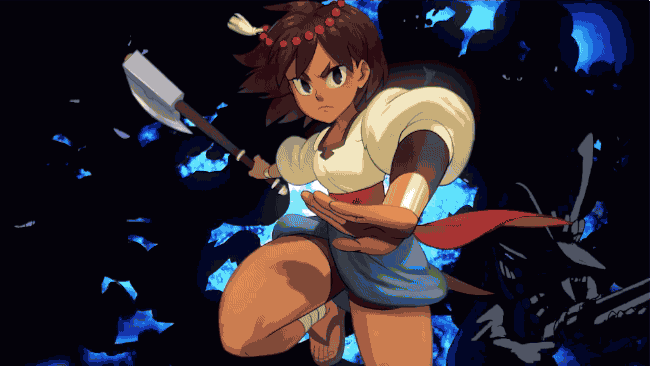
Outside of Indiegogo’s bizarre reaction to our questions and Bartholow’s comments, the issue boils down to the same thing it always has: coverage. Crowdfunding campaigns need more than just a great idea, as Muir himself points out and Bartholow verified. They need coverage. Outlets were hesitant to post anything about Indivisible at first, but the news of a proven developer needing to extend their deadline was too juicy to pass up it seems.
The fact of the matter is, Indiegogo just doesn’t have the capability to promote its projects well enough. Due to the poor quality standards we discussed in the previous article, and a seeming unwillingness to follow through as we found here, Indiegogo doesn’t appear to be a great place to seek funding. Dan Muir focuses almost entirely on Kickstarter these days, and Lab Zero is busy trying to make Indivisible as great as it can be with what they have. It’s not even a question anymore, and everyone who’s serious is moving on to better platforms.
Whether or not the mainstream gaming press will follow them is still a mystery, but as Muir says “With their help, as well as with influencers like YouTubers and Twitch streamers, we can help push the industry from stagnation.”
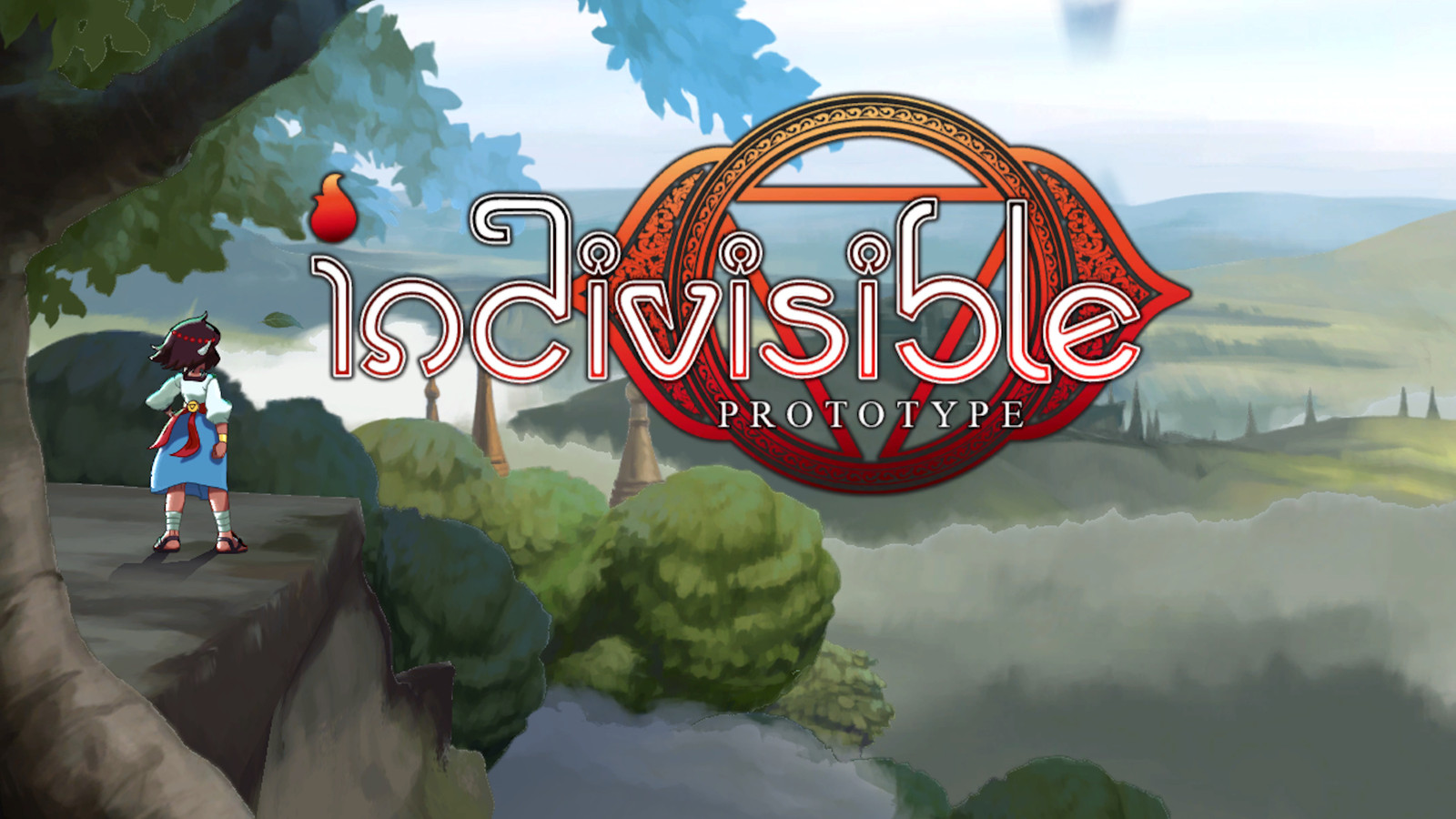
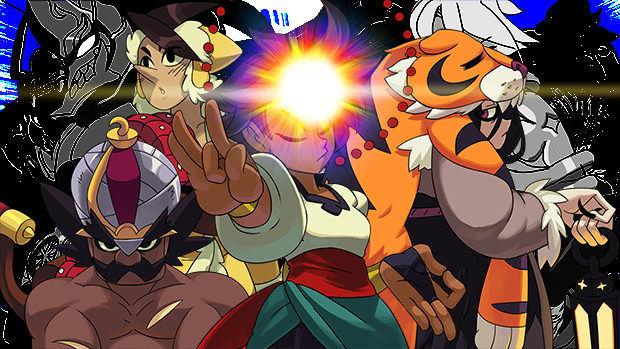
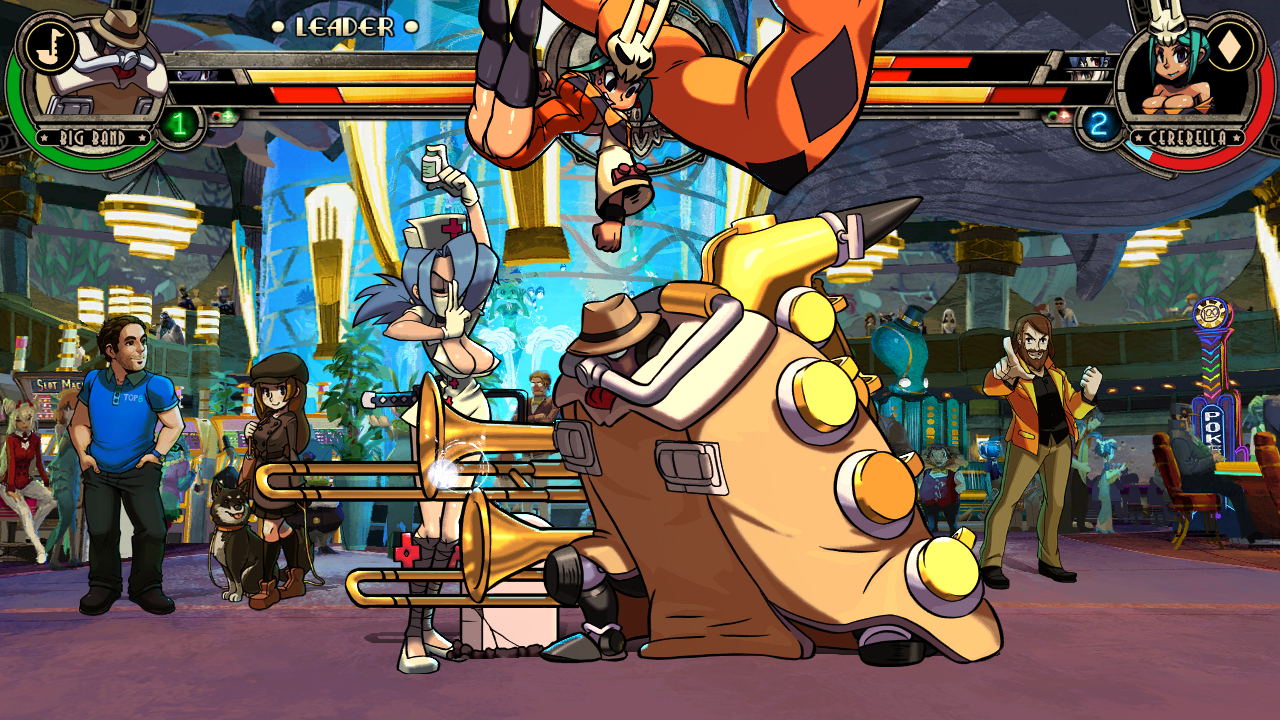
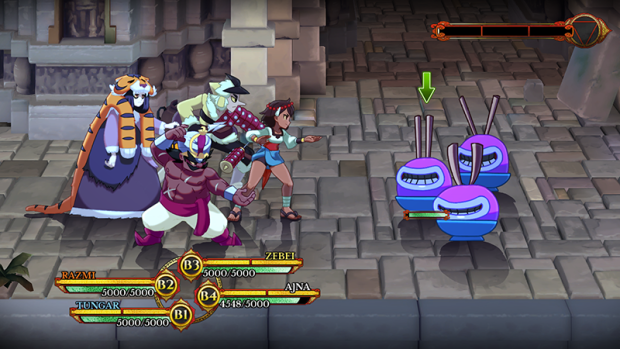
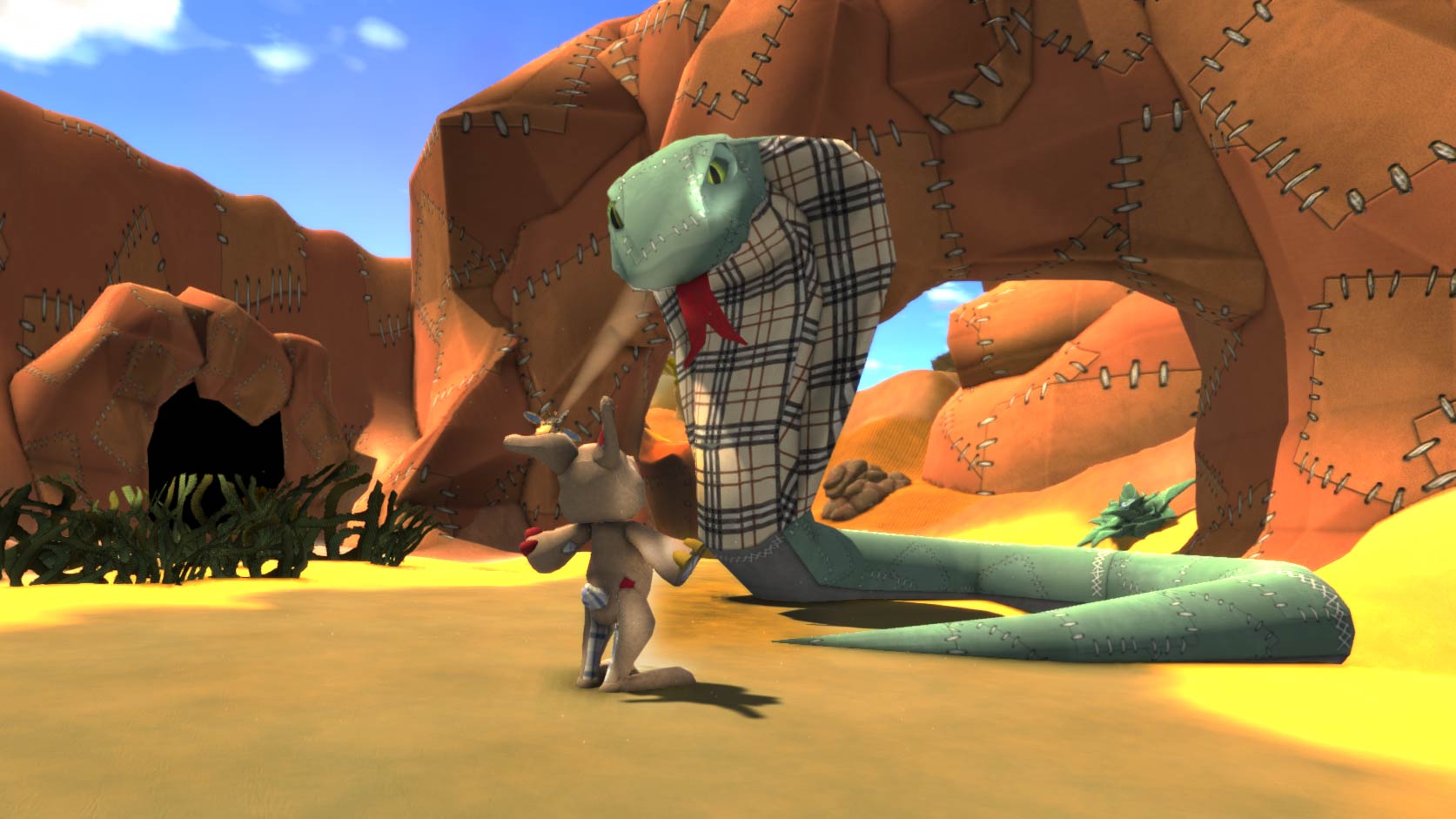



Interesting read. I have backed only one Indiegogo project to date: Icy. I am still waiting for the release of the Remastered Edition but I’m glad to have backed.
The criticism I hear about Indiegogo most often than any other is the apparent shadiness of the “flexible funding” model; which means a project creator gets the money pledged even if their funding goal is not met. This implies that while you “need” a certain amount to complete a game, you’ll take whatever suckers are willing to fork over and just cut corners.
Even though it is actually possible to run “fixed funding” campaigns I think many people are under the impression that all Indiegogo campaigns are flexible.
Interesting read for me too – Indiegogo really does seem to be on a downward slide.
[…] hard to put an exact date on when since they made these changes with such little fanfare. We’ve chronicled Indiegogo’s failings in the past, especially with games, but perhaps they’re turning a new […]